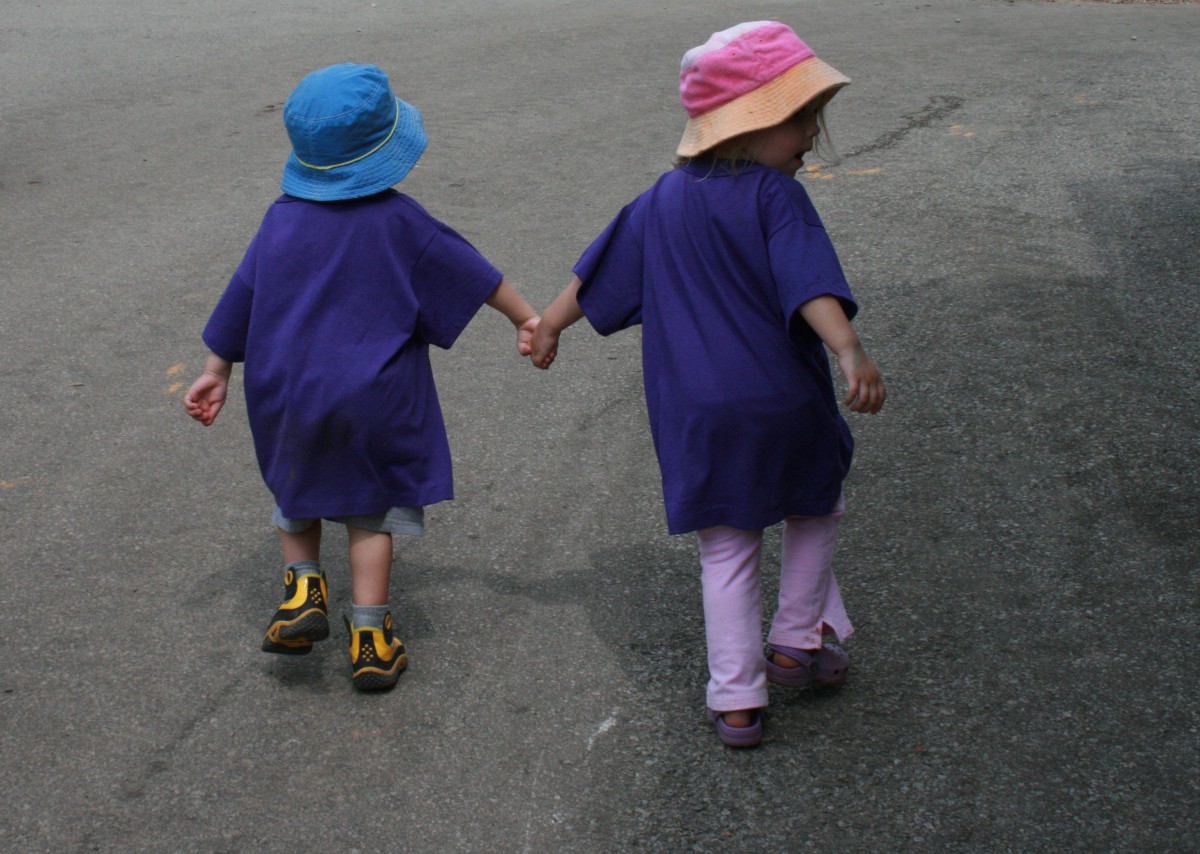If you hand parents a cheque, will they work more?

The federal government is rolling out beefed-up child benefit cheques, which increase this year to $160 from $100 per month, per child under six years old. The benefit is meant to help cover the cost of child care, the lack of which has left many parents scrambling to juggle work and family commitments.
Economists have argued a lack of accessible, affordable daycare hurts Canada’s economy and labour force, as parents cut back on the hours they work because there’s no one to look after their kids.
READ MORE: How lack of affordable, accessible child care hurts the economy
So what happens if you give time-strapped parents cash?
Depends on the parent, a Wilfrid Laurier University study finds.
The study, published by the Laurier Centre for Economic Research & Policy Analysis in May, finds big differences in outcome between single and married mothers.
Divorced and separated mothers were 2.8 percentage points more likely to work after the child benefit first rolled out in 2006.
Married mothers, on the other hand, were 1.4 percentage points less likely to work, and they also worked fewer hours — almost an hour a week less.
The benefit had little effect on the paid labour of mothers who’d never been married.
This group of single moms also tends to be the neediest: They’re younger, poorer and less educated.
“It’s not a large enough benefit” to change their employment or day care situations, says Tammy Schirle, the report’s co-author.
While single mothers are more likely to put the money toward child care so they can work, married mothers are more likely to stay home to provide the child care themselves.
“Intrahousehold bargaining may well result in the additional child care being offered by the mothers,” the report reads, “represented by time taken away from the paid labour market.”
Another paper, by Laurier’s Tammy Schirle, found last year Canada’s Universal Child Care Benefit has “significant negative negative income effects on labour supply,” reducing work hours and income of mothers from a range of different education levels.
So what does that mean for Canadian parents and the economy?
Cutting families a cheque will likely mean fewer married women in paid work, and fewer hours worked by married women. It’s good news for parents who get more quality time with their kids, but not great news for the Canadian economy: With male participation in the workforce at a historic low, Canada needs women in paid work more than ever.
At the same time, Canada’s Parliamentary Budget Officer figures more than half the people benefiting from Ottawa’s ramped-up child care contributions don’t actually have child care costs:
“In 2015, 49 per cent of these benefits would go to families with child care expenses and young children, and the remaining 51 per cent to families with no child care expenses and families with older children,” the report from this spring reads.
Because of this, the PBO report reads, the people benefiting the most from the feds’ boosted child benefits will be the ones whose child care costs are, effectively, $0.
“Policy-makers need to consider whether the average taxpayer should be paying taxes to hand those benefits to the high-income families that don’t really need the money right now,” Schirle said.
“It’s not the most efficient way to help the families that need it the most.”
That said, Schirle favours a means-tested benefit over government-created childcare spaces: Families’ child care needs are too unique for a one-size-fits-all approach.
The current system is “just wasting money you could be spending providing more help to people who are low income,” said Kate McInturff, a senior researcher with the Canadian Centre for Policy Alternatives.
But when it comes to lowering labour force participation, McInturff’s more worried about the impact of income-splitting. Similar policies have been shown to drive down workforce participation in other countries, such as Japan.
“I don’t think the UCCB is going to have a huge negative impact on women’s employment,” she said.
“I think it’s really not helping anyone, and it’s definitely not helping the people who need the help.”
Employment Minister Pierre Poilievre wrote in an e-mailed statement that the federal conservatives believe “parents know what is best for their family and particular circumstances.
“If a parent chooses to stay home to care for their children, have a family member care for their children, or have any other combination of child care, they should decide – not the Government.”
Tell us your story: How will the Child Care Benefit affect you? Will it help cover the cost of caring for your kids?
- ‘Shock and disbelief’ after Manitoba school trustee’s Indigenous comments
- Invasive strep: ‘Don’t wait’ to seek care, N.S. woman warns on long road to recovery
- Norad looking to NATO to help detect threats over the Arctic, chief says
- ‘Super lice’ are becoming more resistant to chemical shampoos. What to use instead




Comments